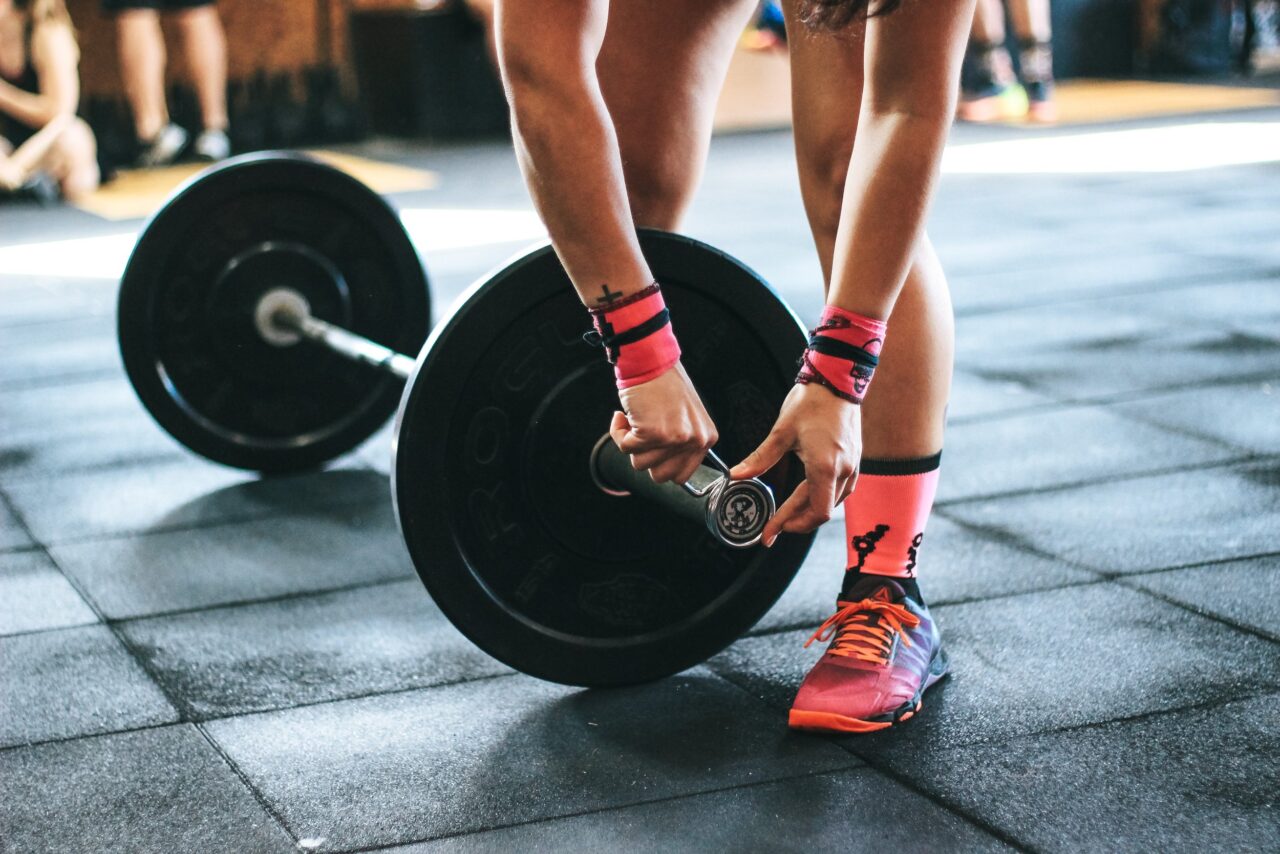In the world of pregnancy and postpartum exercise, lack of available evidence has led to a fear-based model of avoiding heavy weight training due to unknown risk. As more research is being done on the pregnant population the evidence is becoming clear that activity, including heavy weight lifting, does not increase risk to mom or baby, but rather it improves pregnancy, delivery, and postpartum outcomes.
An exciting new study published in November 2022 concluded that women who participated in heavy weight lifting (defined as lifting >80% of their one repetition maximum) had significantly less pregnancy and delivery complications than those who reduced their training levels prior to delivery1. Pregnancy and delivery complications were listed as gestational hypertension (high blood pressure during pregnancy), preeclampsia (high blood pressure and protein in urine during pregnancy), unexplained vaginal bleeding, premature labor, preterm delivery, placenta previa after 28 weeks, instrument assisted delivery (forceps and vacuum), and perineal tearing (grades 1, 2, and 3). Further, the women who continued to participate in heavy weight training during pregnancy demonstrated reduced postpartum complications such as anxiety, depression, urinary and anal incontinence, pain with sex, and diastasis recti. These women were also more likely to return to a weight lifting program after delivery.
This data supports that exercise is critical to maintaining a healthy pregnancy and facilitating a smooth postpartum return to activity, a philosophy we believe in and utilize within our treatments here at Mend. To learn more about maintaining or starting an exercise program during pregnancy, click here to schedule with one of our specialists in our Boulder or Lafayette locations today!
Prevett, C., Kimber, M.L., Forner, L. et al. Impact of heavy resistance training on pregnancy and postpartum health outcomes. Int Urogynecol J (2022).

